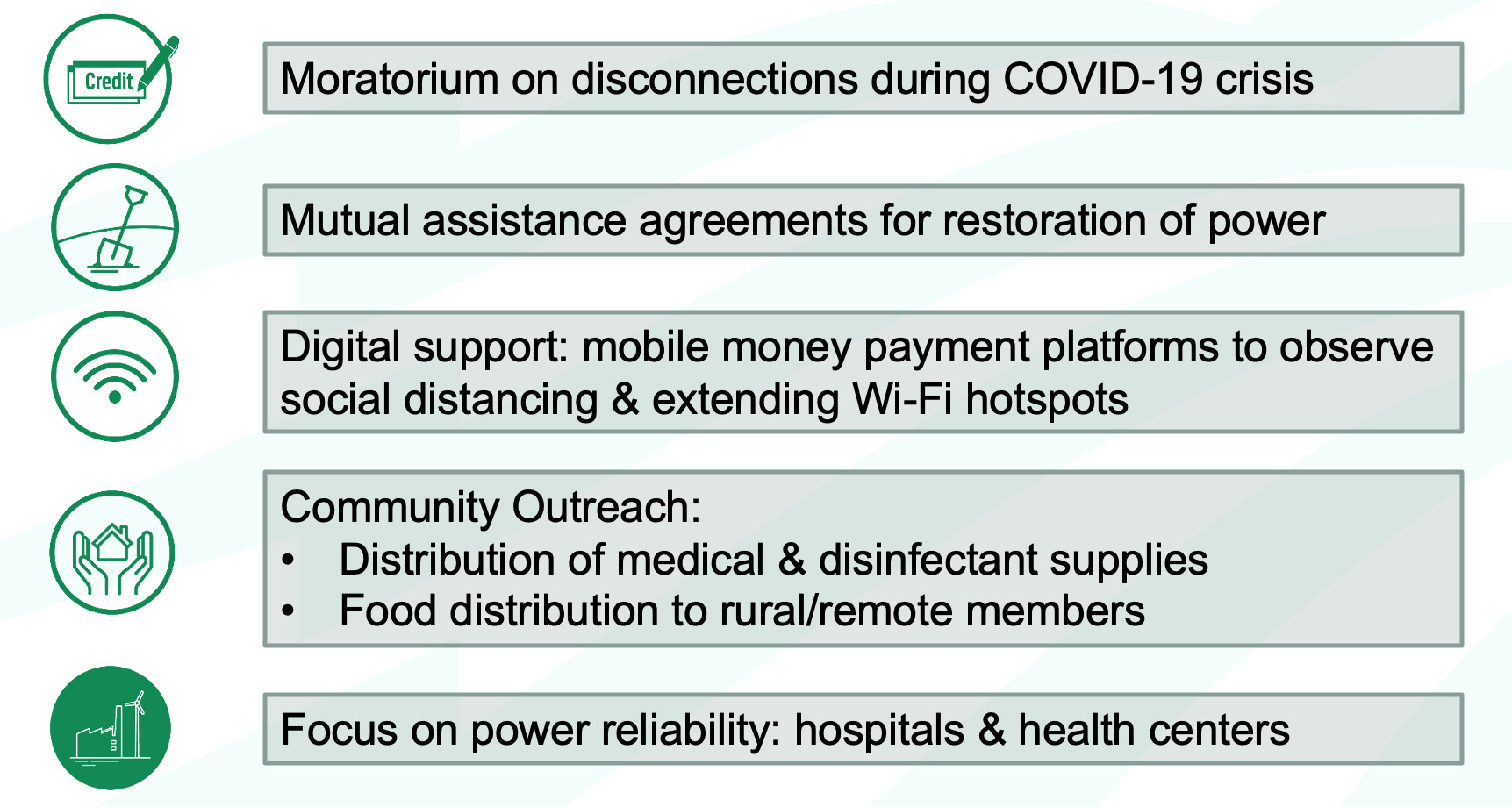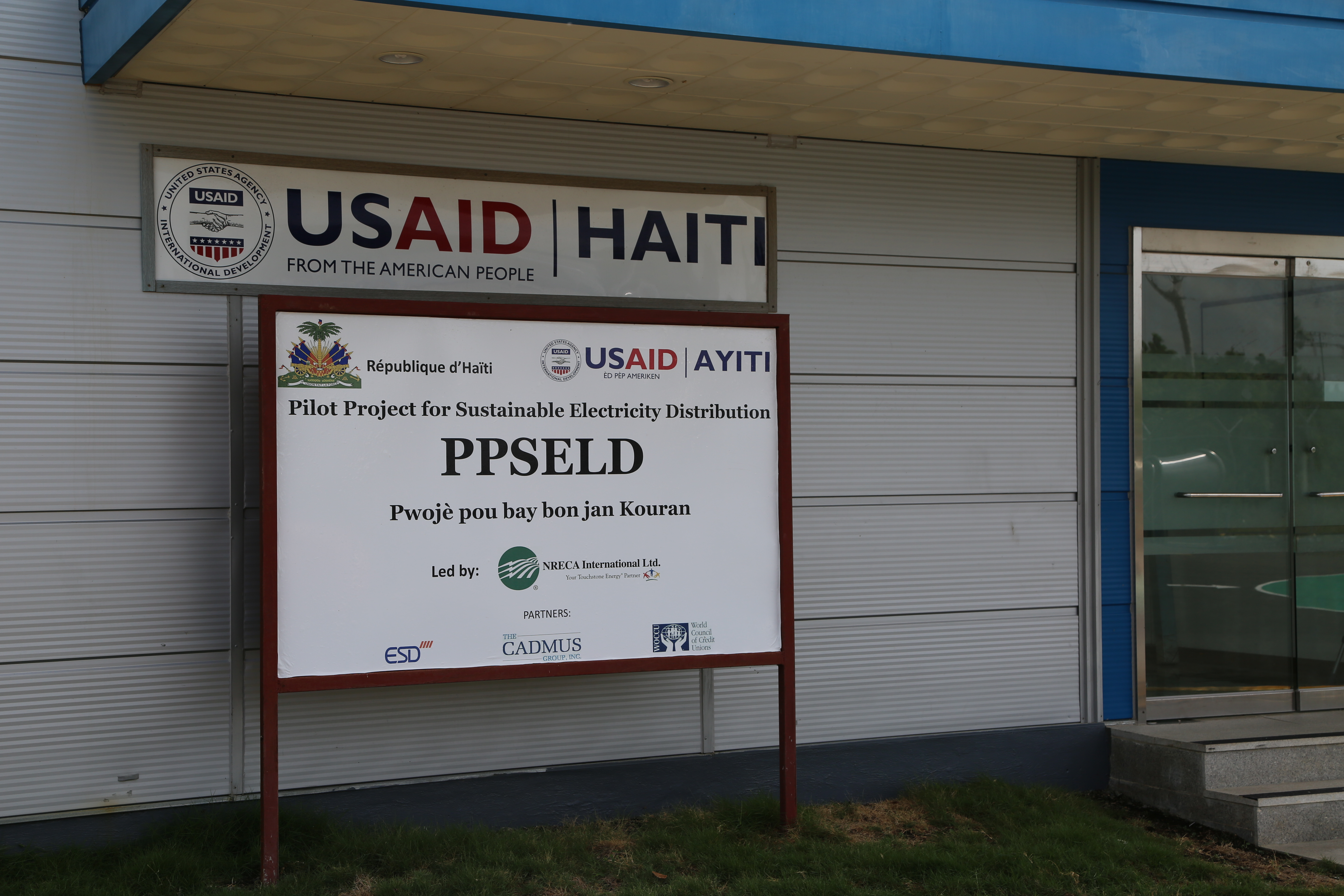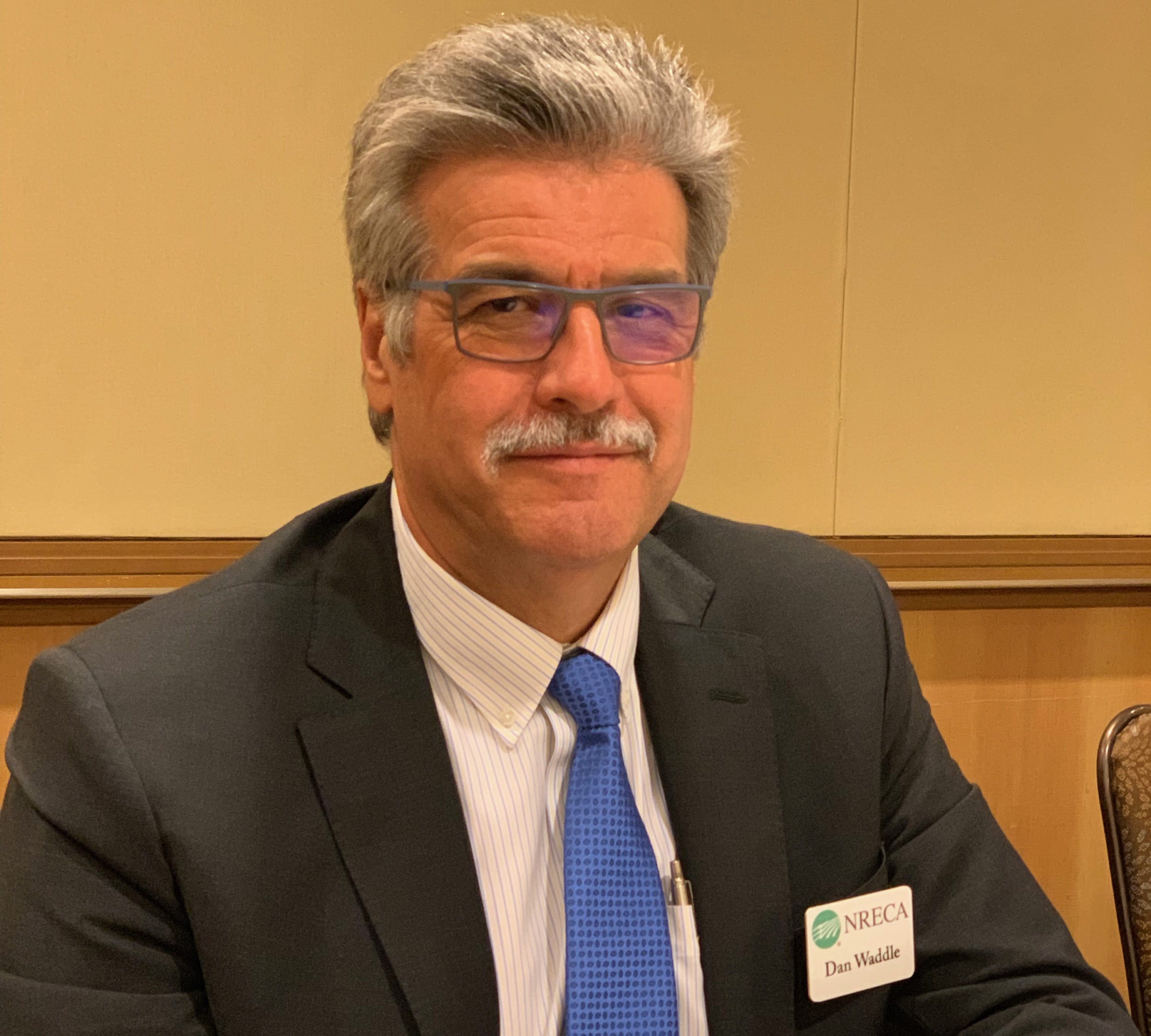By Zuraidah Hoffman and Erin Kelly
Concern for Community During the Pandemic
In Bolivia, the largest electric cooperative in the world is suspending power disconnections. With only 25% of its members paying bills, Cooperativa Rural de Electrificacion is essentially financing electricity cost for its membership during the crisis.
In Uganda, electric co-ops have activated mobile and online payment platforms and are using social media to respond to inquiries so staff can work from home as much as possible.
And in the Philippines, co-ops are offering free electric service for low-income consumers and donating food and PPEs to hospitals.

NRECA International continues to monitor the effects of the global COVID-19 pandemic. More than 150 NRECA International employees are continuing to work to keep the lights on in developing nations. With many international borders closed and countries on strict lockdown, the bulk of local NRECA International staff in countries such as Haiti, Bangladesh, Liberia and Ethiopia are riding out the pandemic from their homes like many of their colleagues in other countries.
“It’s the biggest challenge that I’ve faced in my professional life,” said Dan Waddle, senior vice president of NRECA International. “It’s humbling.”
Slow down, not shut down
NRECA International’s operations are being affected in every possible way, starting with the simple fact that international flights for the most part have been canceled throughout the world.
“This is an existential crisis throughout the world. Most of the places where we work have closed their borders and countries are on very restrictive lockdowns – more so than what we are experiencing here in the U.S.,” said Waddle. “In some cases, anyone driving vehicles are being stopped to ensure that they have adequate justification for traveling.”
Most of the U.S.-based employees have returned home but are continuing with activities that don’t require travel or on-site project management. Much of this work involves analytic activities that can be done from home thousands of miles away from the countries they were working in.
However, there is an impact on the local staff. Essential utility staff members are still on call to do what they can to ensure uninterrupted electric service. In Haiti, NRECA International is operating the USAID-funded Pilot Project for Sustainable Electricity Distribution, which provides 24/7 electricity to 60,000 people in the northern part of the country – the only such service in Haiti. Here, staff are still reading meters, issuing paper bills, and are in direct contact with their consumers.

“We’ve taken similar measures used in Liberia during the Ebola crisis. We have hand-wash stations outside each of our offices and have protective shielding to separate customers from our collections agents,” said Waddle. “At the entrances of each of our workplaces, we have guards with no-touch thermometers that measure the temperature of every individual that enters the office, including employees. And we have social-distancing requirements.”
New Territory
Since its inception in 1962, NRECA International has always protected the safety and health of its workforce. Staff members have worked safely during ongoing conflicts in Afghanistan, Pakistan, Yemen, South Sudan, and El Salvador.
Even so, Waddle said, this pandemic is new territory.

“In every one of those cases, I often traveled to assess the danger to our employees. We took the necessary measures needed to keep our employees safe, and we continued with our work,” he said.
“It’s different this time. Just two months ago, the world was a different place. I was on my way to Papua New Guinea, got as far as Tokyo and turned around because the mission had been canceled by the World Bank. That’s unimaginable today.”